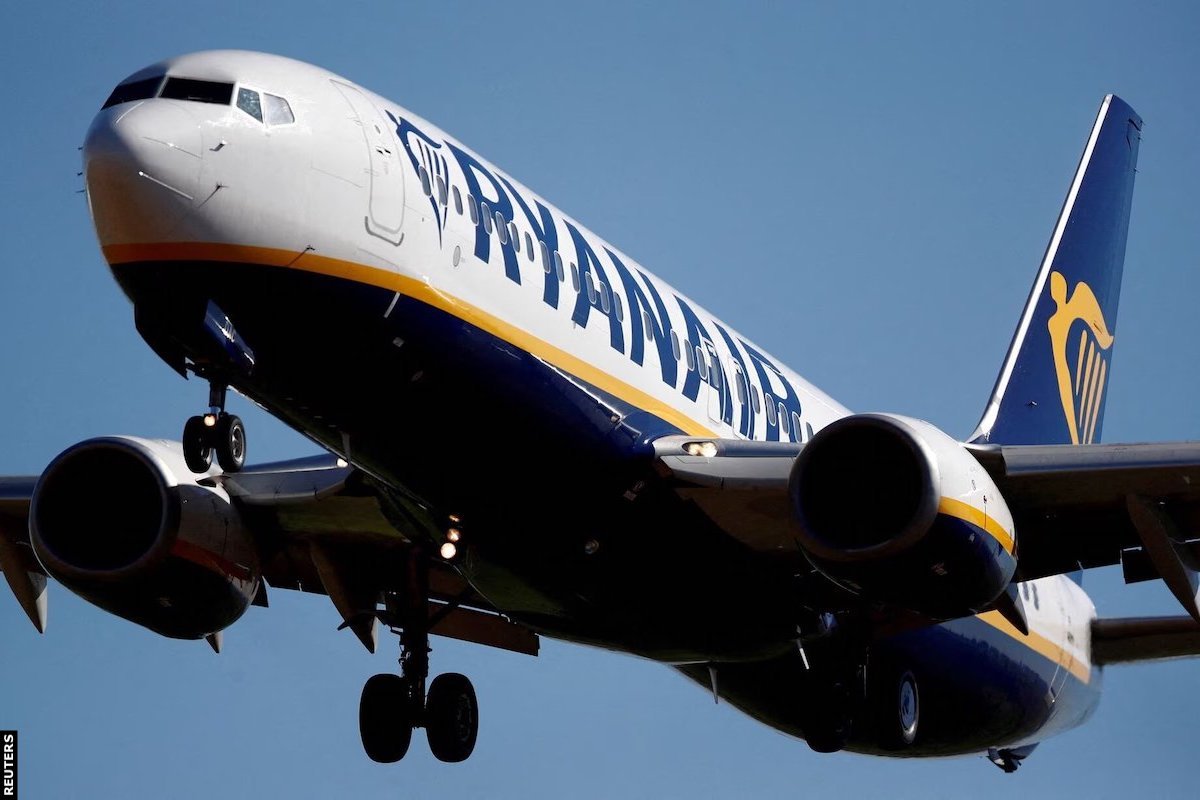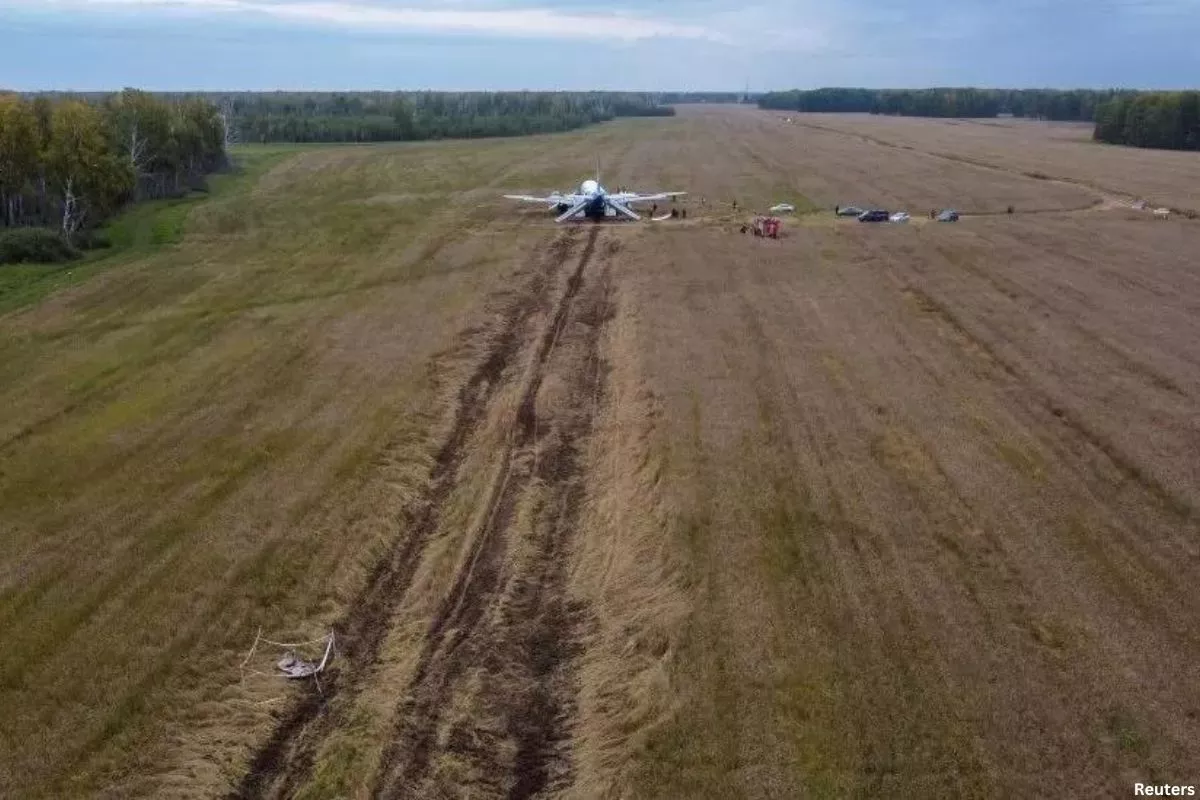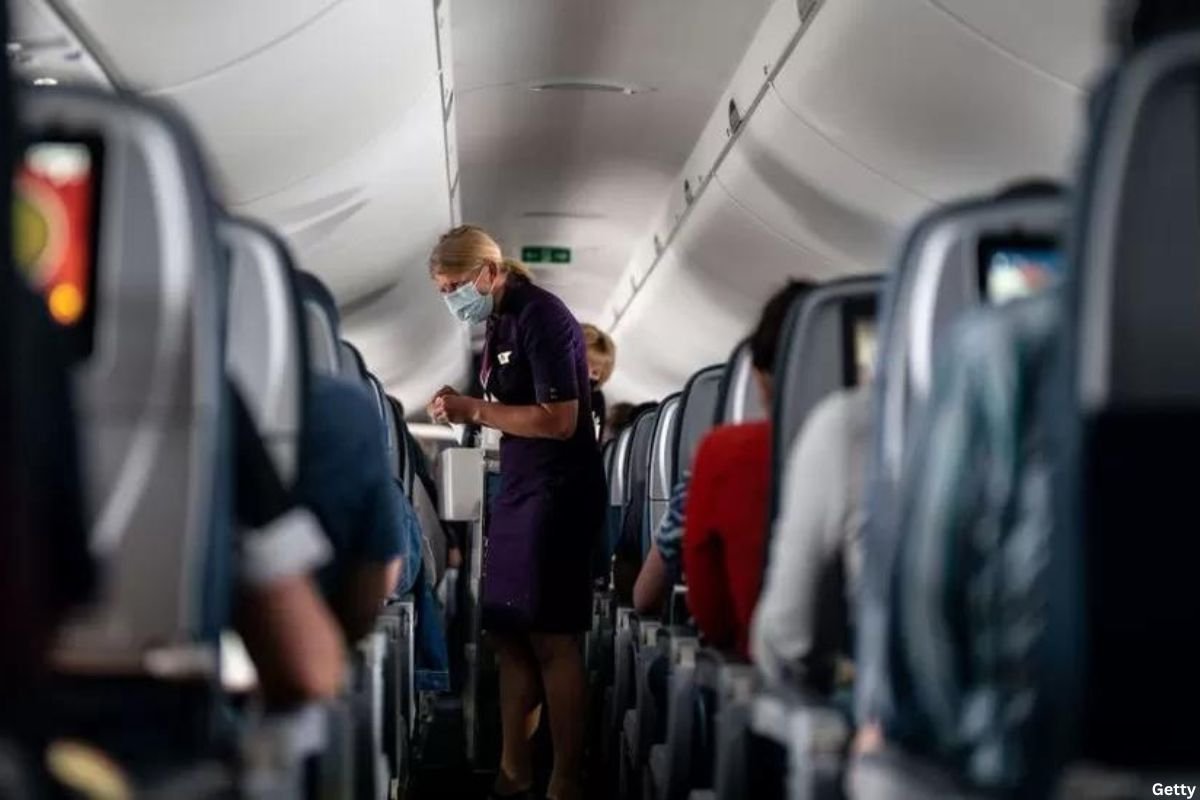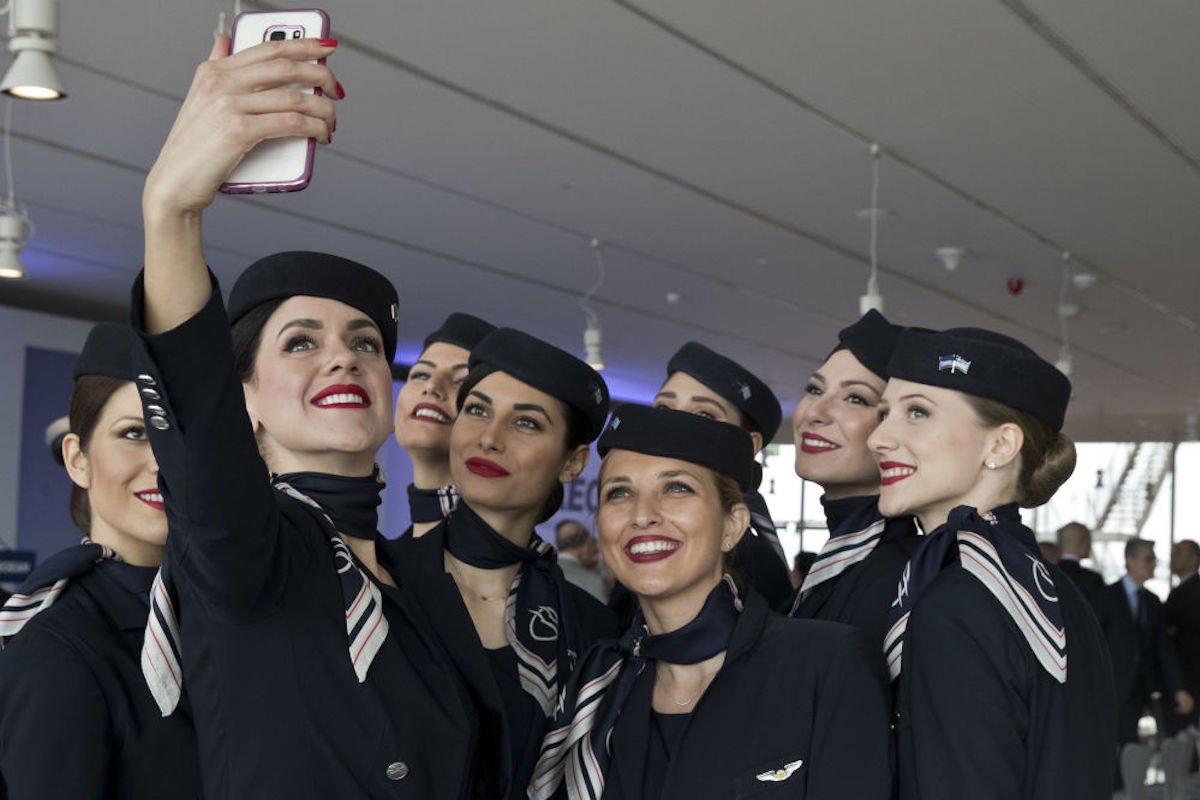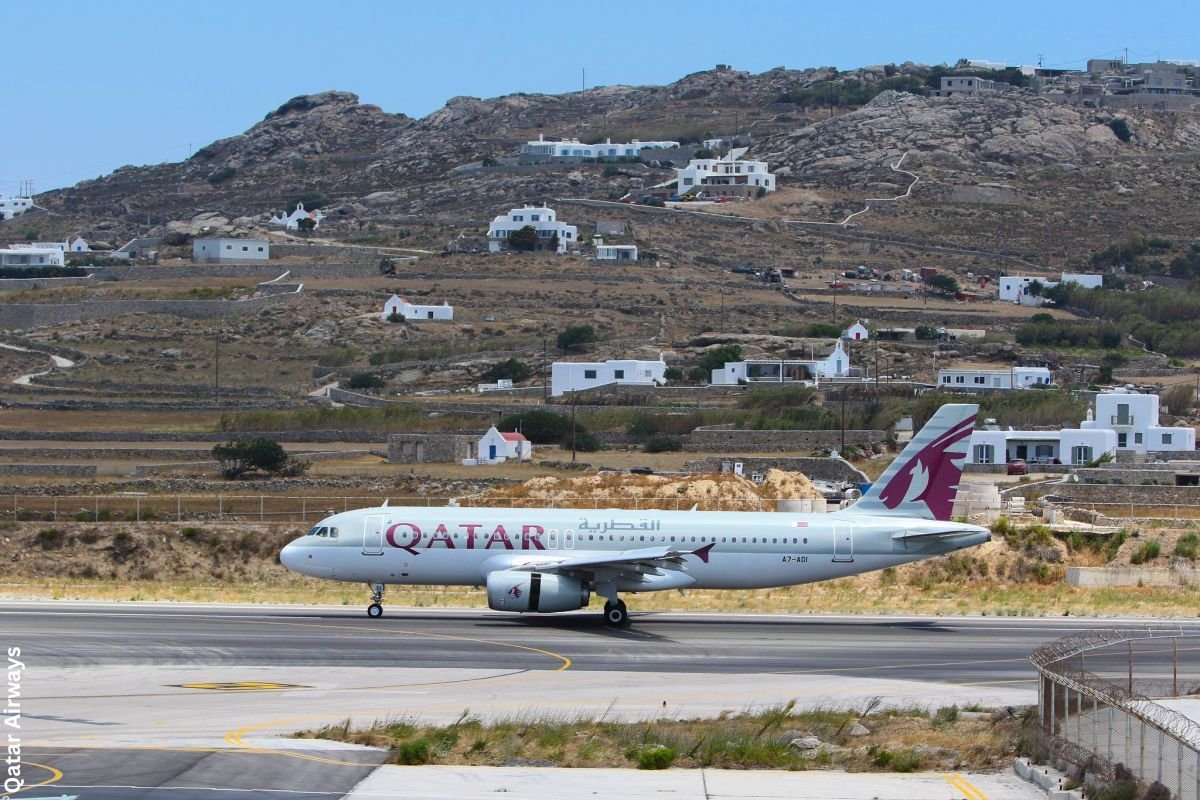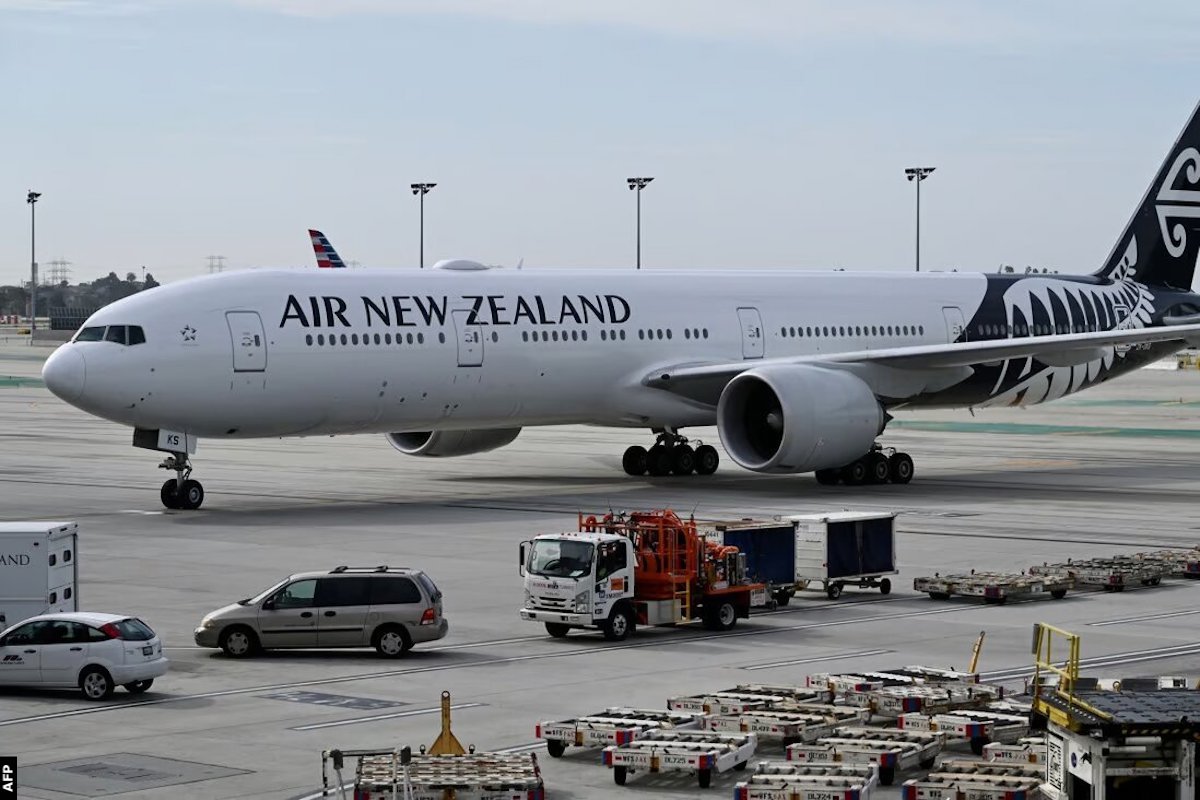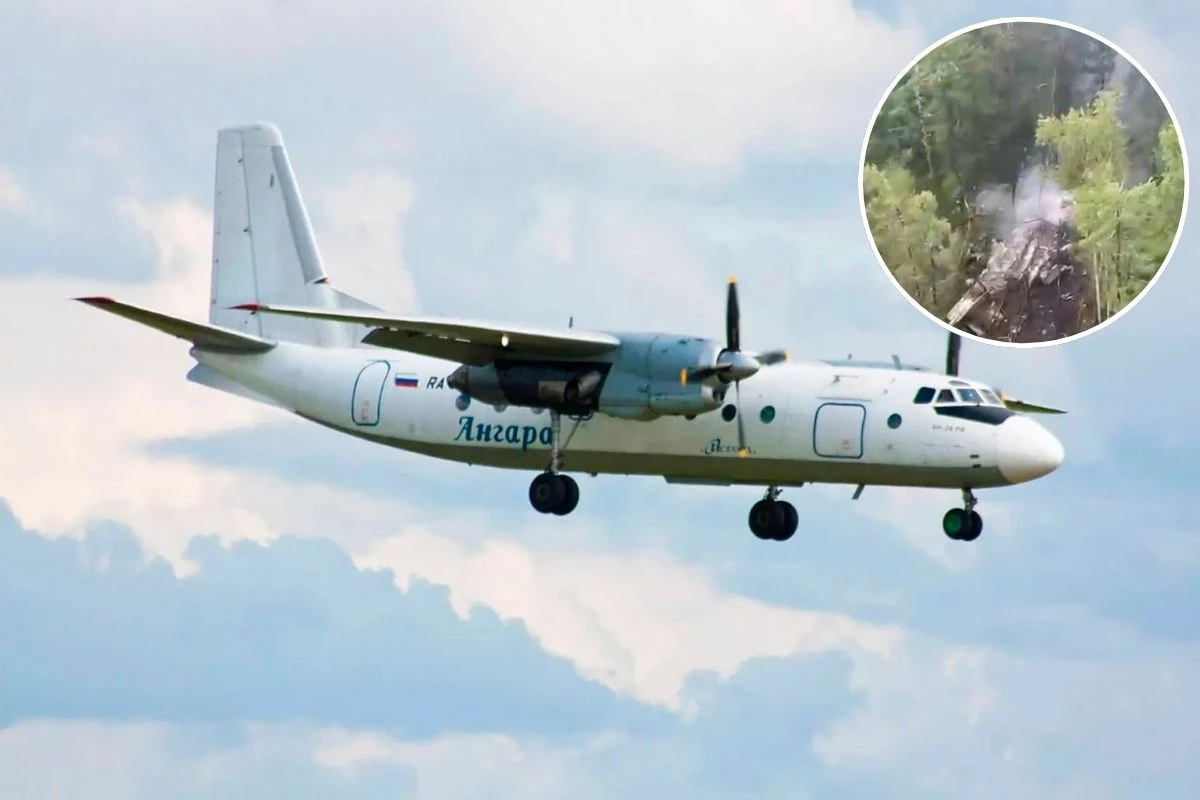Budget airline Ryanair has reported a profit for the first time since the pandemic struck, as both fares and passenger numbers experienced a rebound.
The carrier’s profits reached €1.43 billion in the year ending in March, with average fares rising by 50% to €41. However, the airline cautioned that fuel costs are expected to surge in the coming year due to high oil prices.
Ryanair CEO Michael O’Leary stated that current fares were significantly higher compared to a year ago when demand was impacted by Russia’s invasion of Ukraine. Aviation expert John Strickland noted that fares could further increase, potentially causing a family of four to face additional costs of £20 to £30. Nevertheless, he expressed belief that these increases would not deter people from traveling, emphasizing that even a 10% to 20% rise would only translate to a few pounds.
Ryanair witnessed a remarkable 74% recovery in passenger numbers, reaching 168.6 million last year, as travel demand continued to bounce back. With plans to operate its largest-ever schedule of 3,000 daily flights this summer, the airline is also expecting the delivery of 300 new Boeing aircraft by 2037.
Despite the challenges posed by high fuel costs, O’Leary expressed cautious optimism that higher revenues would compensate for the increase, resulting in a modest year-on-year profit growth. Recent data from the International Air Transport Association (IATA) suggests that airline ticket prices have only recently caught up with the average inflation rate in the OECD and have risen at a slower pace than jet fuel prices.
IATA highlighted the difficulty faced by airlines, given that jet fuel accounts for 25% to 30% of their operating costs. While global oil prices are decreasing, the practice of “fuel hedging” remains prevalent in the aviation industry, meaning airlines may continue to pay higher fuel prices depending on when they locked in their costs.
